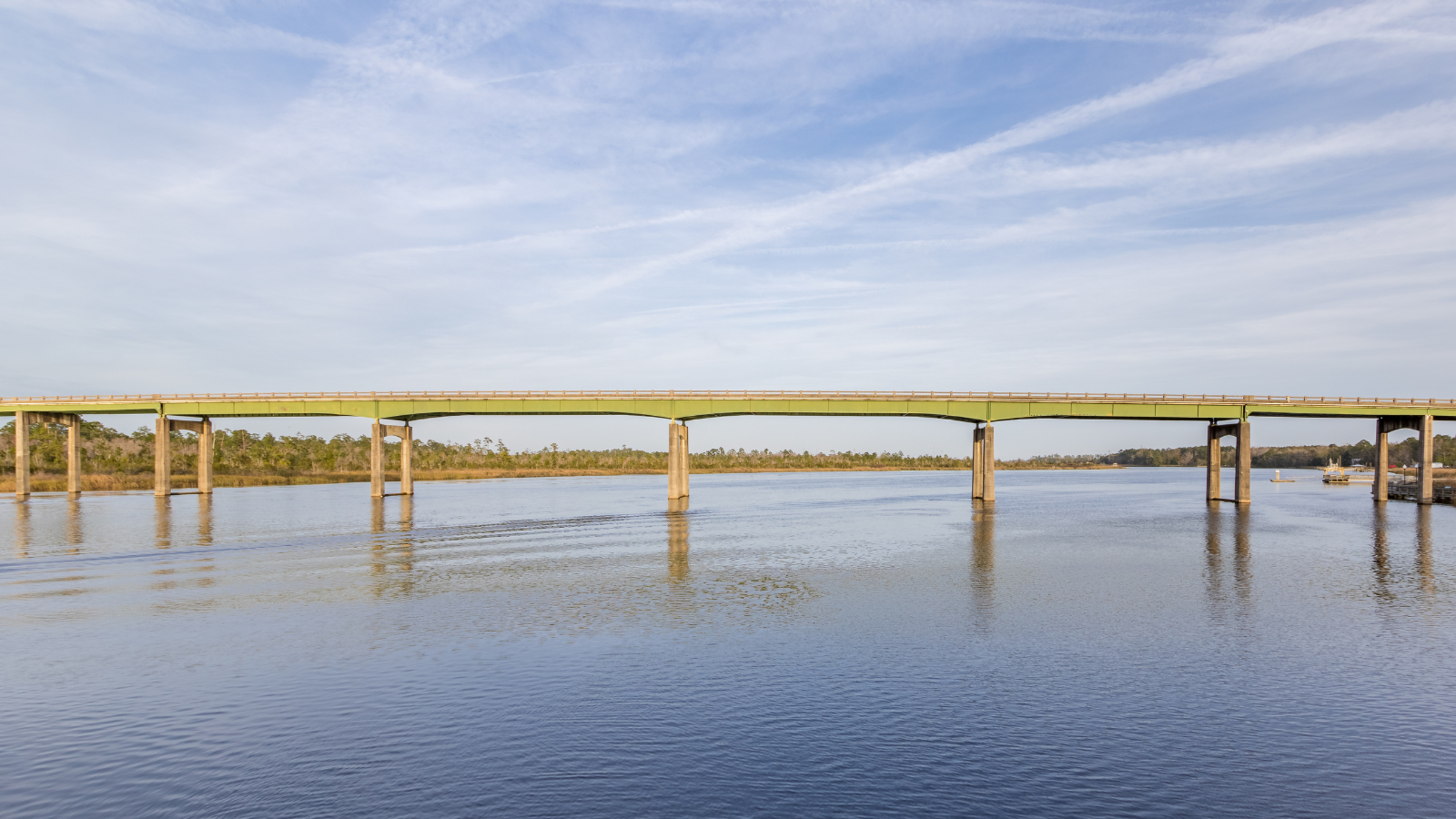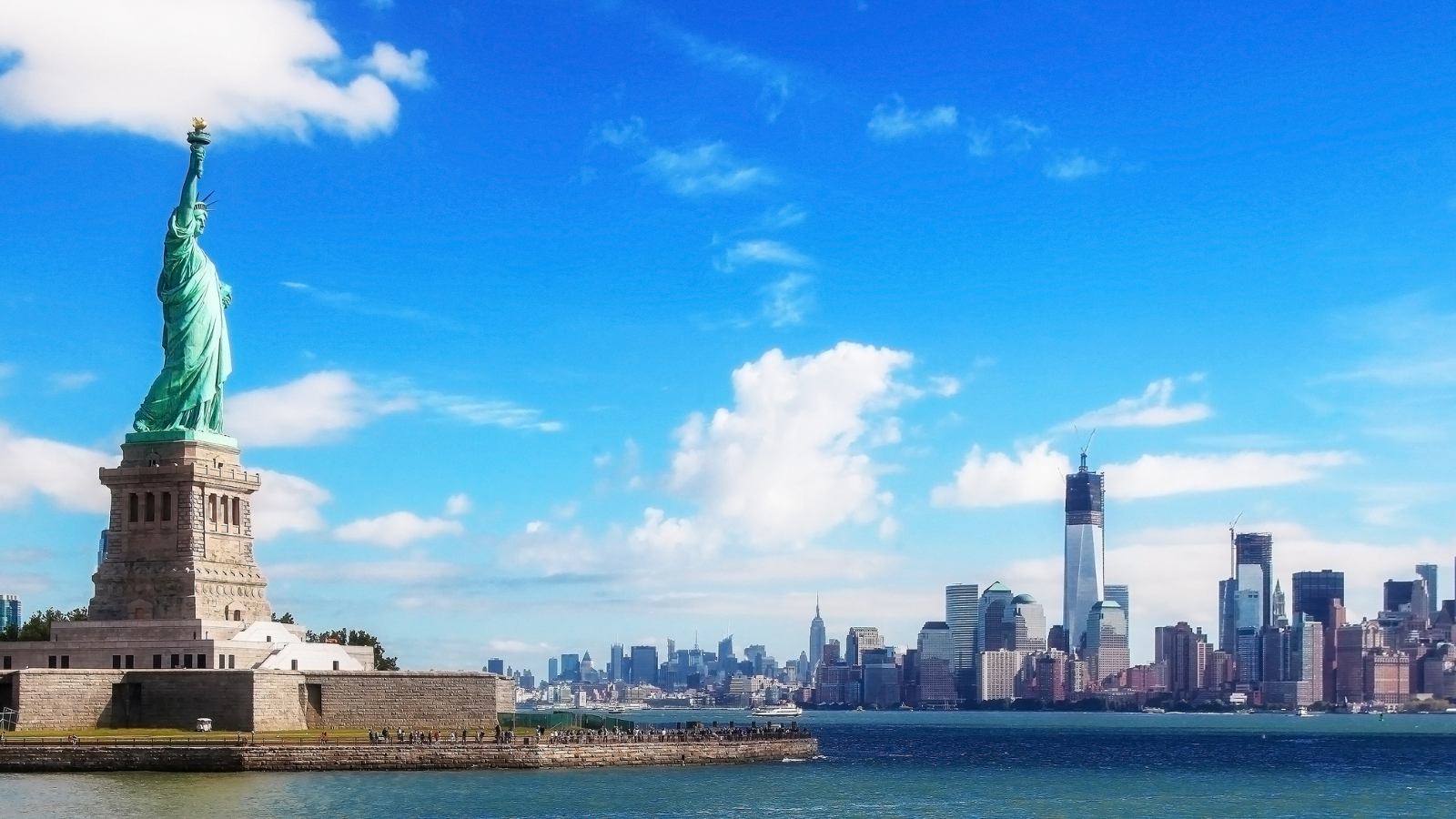President Biden Announces $16 Billion Investment in Northeast Corridor Rail Upgrades
The federal government plans to allocate over $16 billion to enhance the Northeast Corridor, the busiest rail line in the country, connecting cities like Washington, New York, and Boston. President Joe Biden will make this funding announcement in Delaware, highlighting the initiative's focus on upgrading aging infrastructure, including bridges and tunnels, to improve train speeds, reduce delays, and create jobs. The largest portion of funding will address the deteriorating Gateway Hudson River Tunnel, with additional investments in projects like replacing a Civil War-era tunnel near Baltimore and century-old bridges in Maryland and Connecticut, aligning with the administration's goal of improving passenger rail in the United States.
The U.S. Department of Transportation's Federal Railroad Administration (FRA) has allocated $8.2 billion for 10 passenger rail projects and introduced corridor planning initiatives across the United States.
More than 700 bridges in Georgia are unable to handle the increased weight limits approved by lawmakers earlier this year, as reported by Deputy Chief Engineer Andrew Heath to the State Transportation Board.
New York State Thruway Authority is investing $450 million in a project to revamp and modernize its 27 service areas by 2025, aiming to enhance the travel experience for truckers and other motorists.
The U.S. House Committee on Transportation and Infrastructure has endorsed a series of bills, aiming to fortify and secure American supply chains against potential disturbances.
Building a charging infrastructure is as important as selecting the right electric vehicle when electrifying a fleet.
Recently, Shell acquired Volta Charging, an electric car charging network, for a whopping $169 million.
Additionally, the approval of a sprawling Tesla vehicle battery facility east of Reno will include the construction of a long-awaited electric semi-truck factory.
Automakers are struggling to keep up with the pandemic supply chain issues and lack of demand as subsidies and tax credits evaporate and dampen consumer sentiment.
While some do have the ability to charge their vehicles at home while they sleep, many EV-adopters are voicing the challenges they are encountering when trying to find a charge while on the road.
The combination of Missouri's central location, transportation infrastructure, business-friendly environment, proximity to major cities, and availability of real estate make it an attractive location for distribution centers.
The electric vehicle automaker’s electric charging infrastructure will be expanding to include other electric vehicle models by the end of 2024.
Along the Great Lakes to the Mississippi River, Wisconsin’s unique topography is often overlooked in terms of ports.
The electric vehicle company dominates the market, and CEO Elon Musk has long flirted with the idea of opening up its charging network to competitors but has yet to do so domestically.
With massive electrification goals, states are going to require a lot of electricity.
The massive retailer is expanding its relationship with vendors in Central America as part of Vice President Kamala Harris’ “Call to Action for Northern Central America”.
No, not literally - but the US Department of Transportation has bestowed a $273.9 million grant through its new Rural Surface Transportation Grant program.
Delivery vans will increase the need for charging upgrades in the near term, but the infrastructure needed to support the onslaught of medium and heavy-duty vehicles is another story entirely.
Says, the politician: Rep. Peter DeFazio (D-OR) who spoke at the American Trucking Associations’ Management Conference & Exhibition in San Diego, California.
U.S. Department of Transportation (USDOT) Secretary Pete Buttigieg will be visiting six states this week as part of the White House’s ‘Building A Better America’ infrastructure tour.
New bridges, roads, bike lanes, railways, and ports are expected to be born from the $2.2 billion in government grants bestowed by the U.S. Department of Transportation.
In a surprising turn of events, Republican Senate members voted unanimously to overturn the Biden administration rule requiring permits and strict environmental reviews of major highways, pipelines, and oil well infrastructure projects.
A total of 56% of 153 localities surveyed claim they are prioritizing road safety, and an additional 60% said they will be working on water projects.
























The Biden administration's landmark laws are allocating billions of dollars nationwide, funding diverse projects from Florida's roads to Alaska's broadband lines.